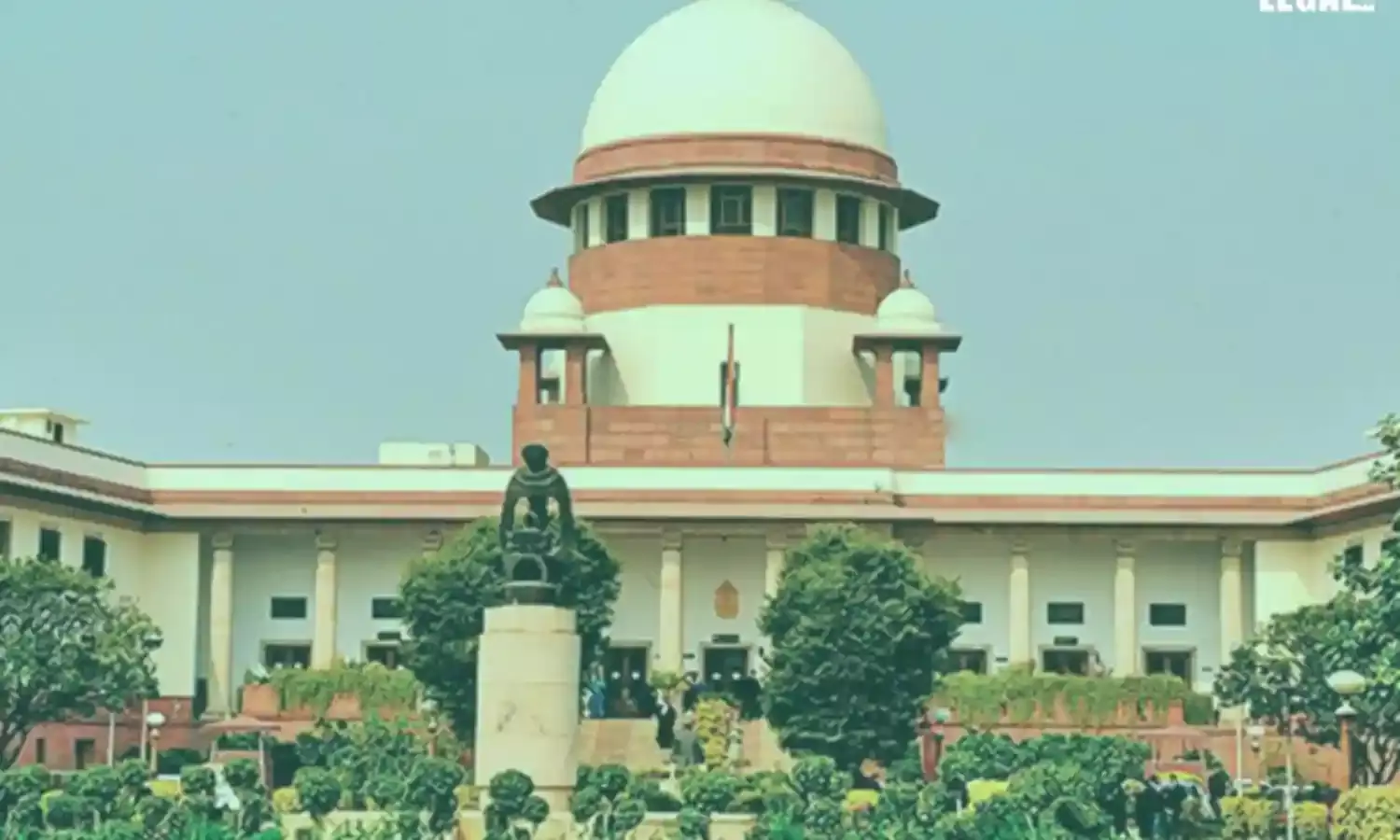Supreme Court to hear: Whether Directors can be held liable for Dishonour of Cheques without involving the Company as a party
The Supreme Court has agreed to hear a plea on the issue that whether the Kerala High Court had erred in its judgment and;

Supreme Court to hear: Whether Directors can be held liable for Dishonour of Cheques without involving the Company as a party
The Supreme Court has agreed to hear a plea on the issue that whether the Kerala High Court had erred in its judgment and had failed to appreciate the trial court's finding that liability of directors cannot be fixed without involving the company as a party to the proceeding for dishonouring of a cheque in the case of Rarichan PJ and another v. KP Varghese and another.
The division bench comprising of Justices BR Gavai and Vikram Nath issued notice on the appeal filed by the petitioner- Rarichan PJ and another against the judgment passed by the Kerala High Court where the petitioners were found guilty of the offence under Section 138 of the Negotiable Instruments Act, 1881 (in short NI Act) which states the provision- Dishonour of cheque for insufficiency, etc., of funds in the account.
The High Court in its judgment held, "it is found that Company was not alleged in the complaint as committed an offence under Section 138 NI Act and therefore the company was not arraigned as an accused...It was purely a prosecution launched against the accused for commission of offence under Section 138 NI Act in their personal capacity."
The Apex Court was informed that the petitioners were wrongly accused by the complainant, who fraudulently lent money and used petitioners' cheques as collateral for loans, the highest.
Initially, the Trial Court had released the petitioners, however the High Court set aside the acquittal order and remitted the case to the Trial Court solely for the purpose of hearing the accused on sentence and to impose punishment.
The main issue before the Apex Court is whether the High Court failed to appreciate the Trial Court's finding that the liability of directors cannot be fixed without making a company a party to the proceeding.
The plea read, "because the complainant by not impleading the company to whom the alleged payments were made as a chit subscriber and then using the security check issued to them and now claiming that the debt is personally liable on the accused and not the company is in antithetical."
Further, it was asserted that the complainant had failed to provide sufficient proof that the petitioner did not issue the cheques in his capacity as director.
Petitioners had placed their reliance on the case of Aneeta Hada v. M/s. Godfather Tours Pvt Ltd, where it was held that in cases where company has committed offence under Section 138 of the NI Act, it was imperative to implead the company as an accused.
Consequently, seeking interim relief, the petitioner claimed that his name was being arrayed in a vague and in a baseless manner with a motive to inflict vengeance.


